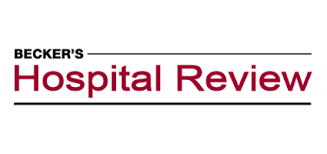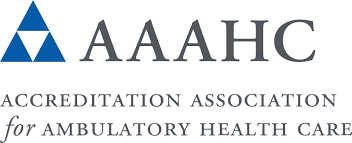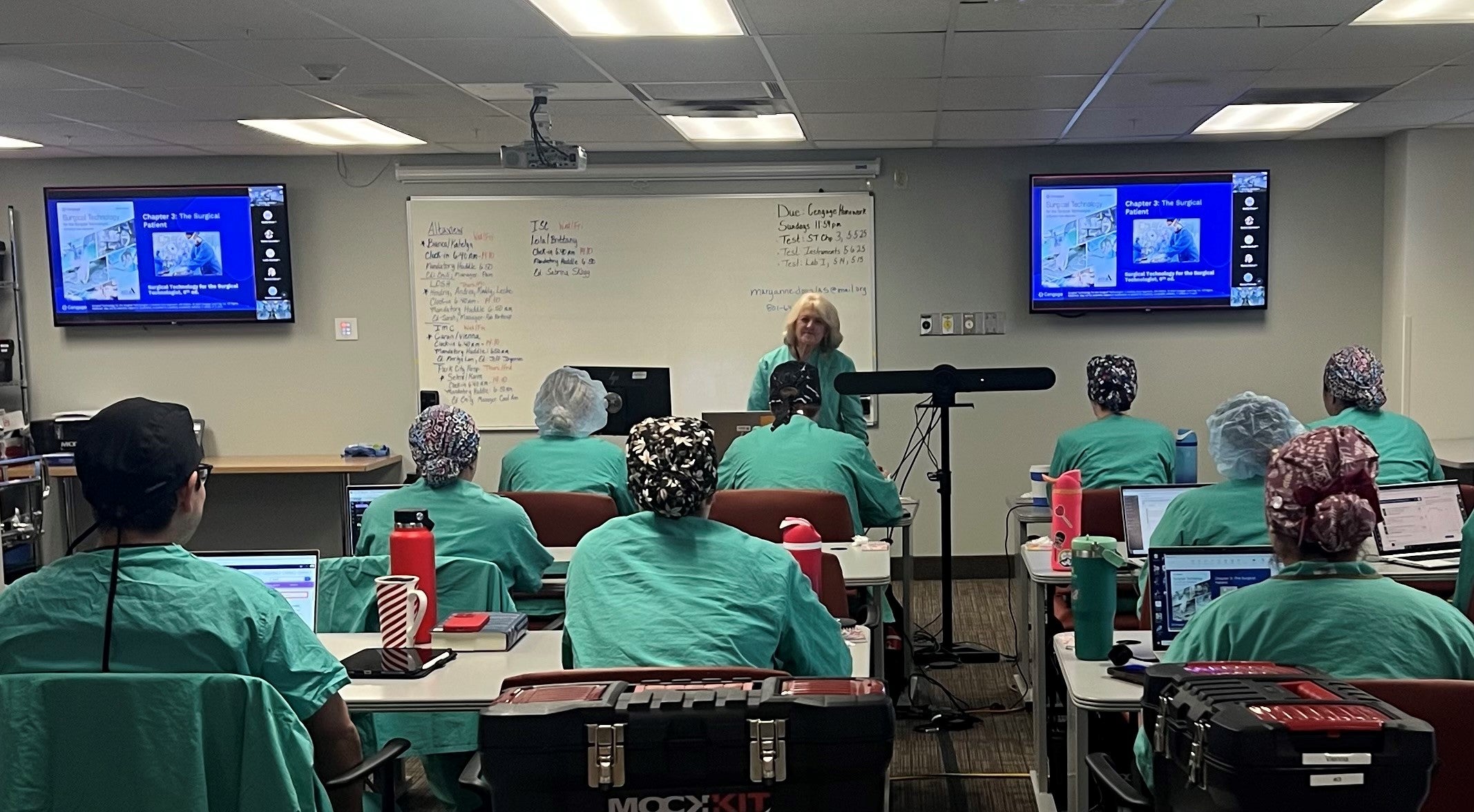 Regulations/Legal
Regulations/Legal
CMS plan to phase out inpatient only list sparks debate over safety for vulnerable patients

Editor's Note The Centers for Medicare & Medicaid Services (CMS) is moving to eliminate its Inpatient Only (IPO) List over the next 3 years, a decision that could permanently shift more surgical procedures from hospitals to outpatient settings. According to an August 24 article from Fierce Healthcare, the policy promises…
Surgical robotics market accelerates as new players challenge industry giants

Editor's Note Dozens of companies are racing to stake a claim in the rapidly expanding surgical robotics market, with multiple launches, partnerships, and regulatory milestones signaling a pivotal moment for the field. Challengers to established leaders are advancing soft tissue systems, targeting specialty niches, and building executive teams to scale…
Nurse leaders weigh in on NCLEX pass rate decline, impact on workforce readiness

Editor's Note The NCLEX pass rate for RNs fell sharply in early 2025, but many nurse leaders see the drop as temporary rather than cause for alarm, Becker’s Hospital Review August 12 reports. The first-quarter pass rate declined to 71.6%, compared with 79.1% in the same period of 2024. The…
FDA issues early alerts on multiple high-risk device recalls from J&J, Medtronic, Baxter, Boston Scientific

Editor's Note The Food and Drug Administration (FDA) has issued a series of early alerts this month regarding high-risk recalls from several leading medical device makers, citing patient safety risks ranging from pump failures to vascular complications. These alerts highlight issues with products from Johnson & Johnson’s (J&J’s) Abiomed unit,…
Sameness in nursing care puts patients at risk

Editor's Note Treating every patient the same may feel fair, but it can be dangerous, according to a September 2025 article from the American Journal of Nursing, which argues that cultural indifference in nursing practice undermines patient safety and trust. Per the article, person-centered care requires more than standardized protocols.…
Nurse legal literacy protects practice, empowers practitioners

Know the law. It could save your patients’ lives and your staff members’ practices. This is the advice of several medical legal experts to OR leaders to prevent lapses in patient protections that risk injury or even death. Beyond ensuring safe surgery and preventing litigation, perioperative nursing experts who advance…
Scrubs to startups: Turning caregiving expertise into entrepreneurial success

When Phyllis Quinlan, PhD, RN, NPD‑BC, founded MFW Consultants in 1994, she was already on her third career pivot. The former social‑work intern turned emergency‑trauma nurse discovered that the high-stakes of the emergency department (ED), coupled with her human‑behavior insights from sociology and psychology degrees, gave her a rare vantage point on how…
CMS’s plan to phase out inpatient-only list could bolster rural ASCs

Editor's Note The proposal from the Centers for Medicare & Medicaid Services (CMS) to eliminate the Medicare Inpatient Only (IPO) list over 3 years could significantly expand opportunities for ambulatory surgery centers (ASCs), with rural facilities among those positioned to benefit most, Ambulatory Surgery Center News August 12 reports. The…
AAAHC unveils v44 standards to sharpen focus on patient-centered ambulatory care

Editor's Note The Accreditation Association for Ambulatory Health Care (AAAHC) released its v44 Standards, introducing new guidance designed to strengthen patient-focused care, streamline compliance, and align with evolving state regulations, an August 18 AAAHC announcement reports. As detailed in the news release, the v44 Standards, effective December 16, 2025, were…
AST warns against fast-track training programs

Editor’s Note: This page is a companion piece to the main article, "Health systems embrace partnerships, new training pathways to address surgical technologist shortage." The Association of Surgical Technologists (AST), a 55,000-member organization, acknowledges the growing shortage of surgical technologists (STs) but is raising alarms over the rise of…

 Free Daily News
Free Daily News